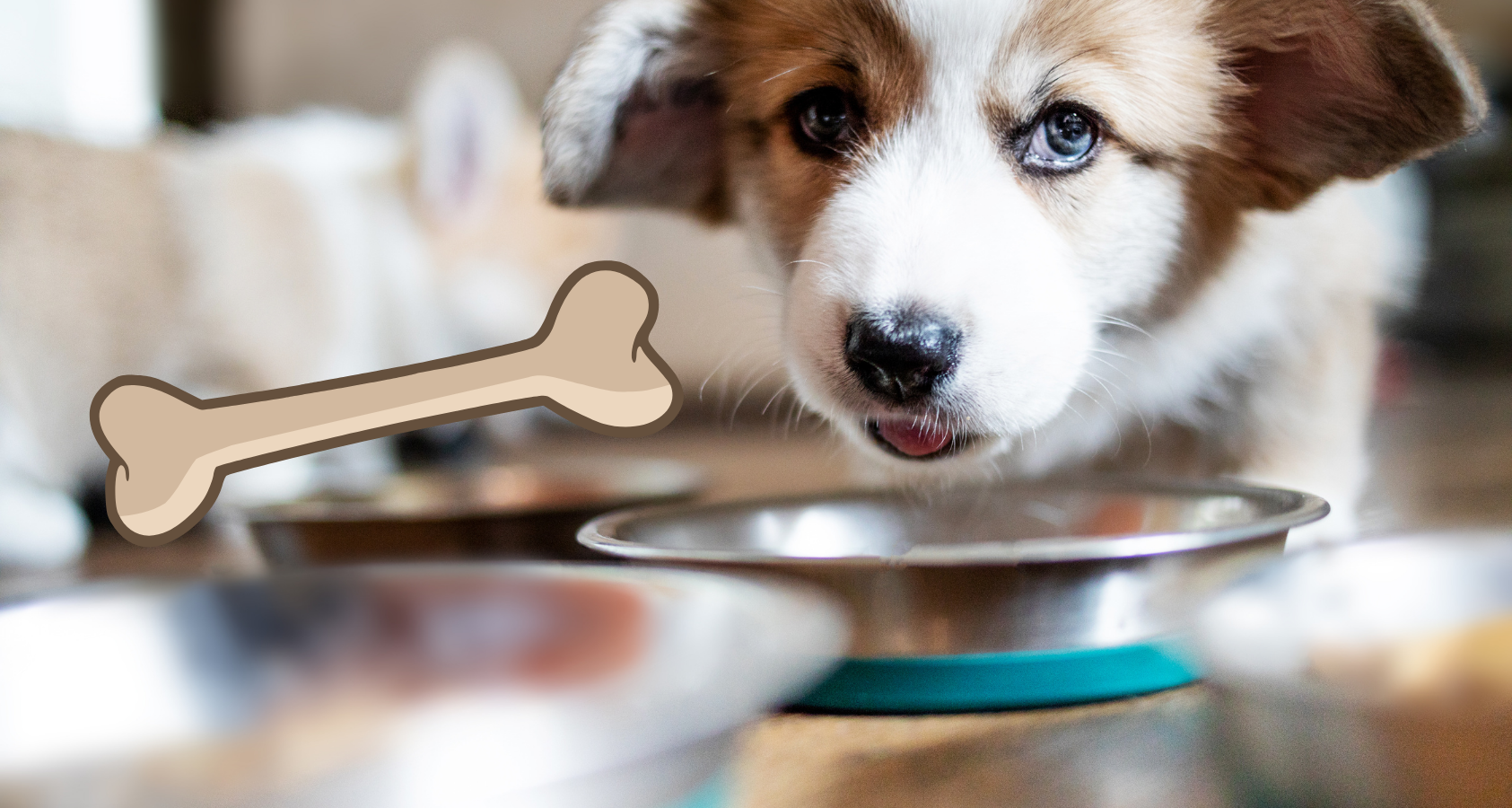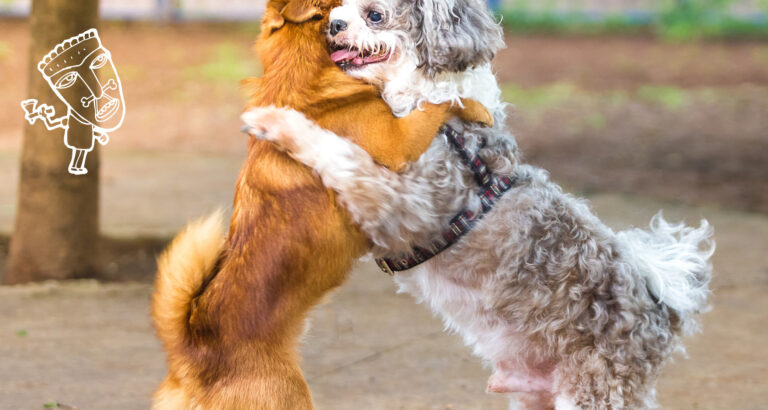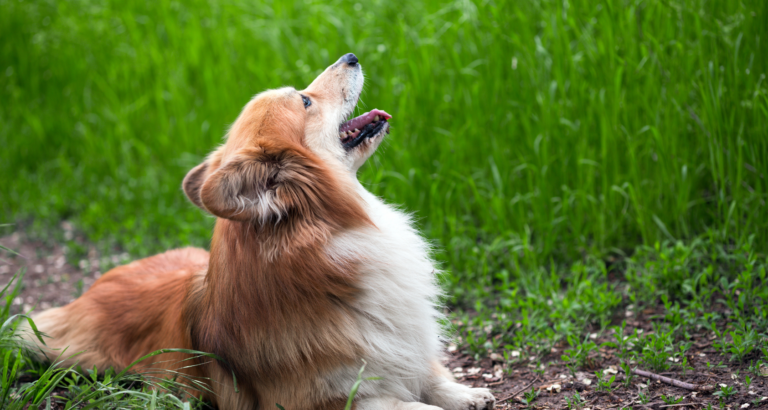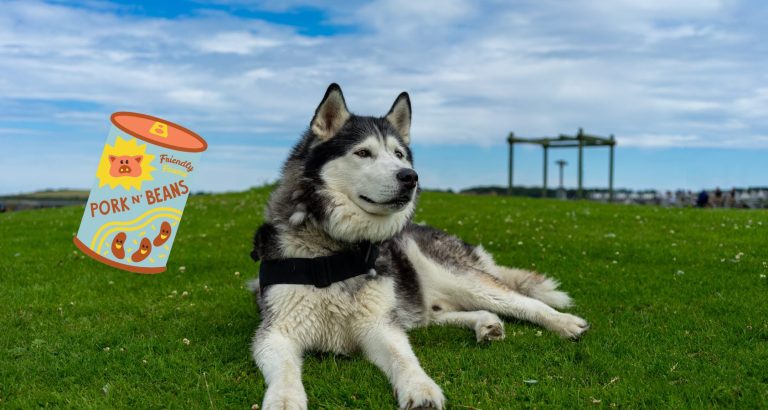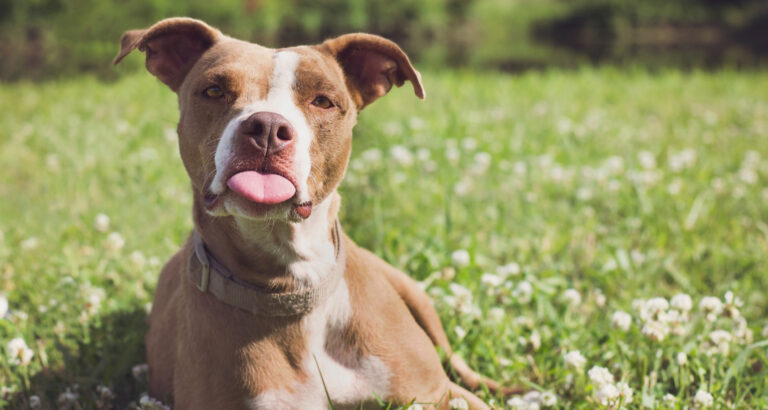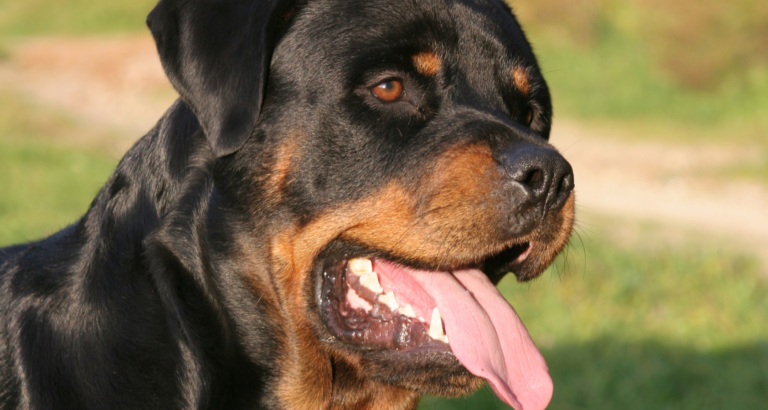How Long Can a Dog Go Without Eating?
Last updated on March 22nd, 2023 at 10:56 pm
Reading Time: 7 minutesThis post may contain affiliate links. If you click and buy we may make a commission, at no additional charge to you.
How Long Can a Dog Go Without Eating? REVEALED!
So, as we know, keeping a pet dog is no different from having a little child. They show emotions in their behaviors and feeding time. Plus, pups show a loss in appetite sometimes. But, how long can a dog go without eating? It must be a big question in any dog owner’s mind. Are you a worried pet parent and witnessing your dog eating less or completely refusing to have any meal?
Well, here in this article, you’ll get to know all the answers on how long a dog can go without food and the reasons behind it, and solutions to make your pup eat again.
How Long Can My Dog Go Without Eating?
Usually, a healthy dog can stay hungry for 3 to 5 days. As long as a dog is well-hydrated, commencing no food will harm your dog. If your pup doesn’t feel like eating, and once the issue is sorted, your dog starts eating well on its own. Also, a dog facing health issues can experience severe problems if your pup goes without eating for more than 2 days. So, it’s better to visit a vet to avoid any health consequences.

9 Reasons Why Your Dog Is Refusing To Eat Food
From loss of appetite to physical health problems. There are many common issues and signs that your dog might show as to why he’s not eating. It can be suffering from illness, or it can be due to mental issues. For example, depression, anxiety, etc. So, below are some key points that help you figure out whether the problem is physical or emotional. And if your dog is going through medical issues, it may be one of the follows:
1- Gestational Issue
So, an upset stomach can often make your dog go without eating. And, stomach issues may include diarrhea, constipation, vomiting, bowel syndrome, etc.
2- Oral Problems
Some examples of oral problems are blisters in the mouth, feeling pain while chewing, gingivitis, swollen gums, or an oral tumor in rare cases. All these can be the reasons for the lack of appetite in a dog. And it needs to be treated right away.
3- Diseases
So, dogs stop eating if they are going through some serious illness. It can be diseases like diabetes, cancer, kidney failures, and tumors. And a quick visit to a vet is necessary if your dog is showing any symptoms along with appetite loss.
4- Medications
There is also a chance that ongoing medications can cause a reduced appetite. Also, some medicines have side effects that make digestion upset. And push the poor fellow to stay hungry. In this case, vets revise medicine’s formula and make changes accordingly.
5- Other Reasons
It can be infections, allergies to a particular food or ingredient, intake of tranquilizers, arthritis, pain in wounds, etc. So, if your dog is showing any such signs, you need to visit a vet as soon as possible. And, he will prescribe the right medicine and tips to increase appetite.
6- Psychogenic Issues
Like humans, dogs, too, sometimes go through mental illness. When a pup is mentally upset, he loses interest in his surroundings, becomes inactive, and even stops eating. Dogs somehow show these signs. So, if you find your pup in such a state, he may be having depression or separation anxiety. Plus, both cause a lack of appetite and make a dog go without eating for days.
7- Depression
So, depression is equally damaging for both humans and dogs. And it’s required to be treated as soon as it happens. So, if you’re noticing your pup is less playful, avoiding his toys, not going outside for walks, and has stopped eating. Then your dog must be depressed. Look around for the possibilities that are giving him stress.
Moving to a new place, the death of a sibling, or a depressed home environment can be the reasons. Yet, if the dog is still refusing his food bowl, take him to a vet right away.
8- Separation Anxiety
So, anxiety is not uncommon in dogs. They get anxious for so many reasons. It can be loud noises, fear of a person or place, and separation anxiety. All these elements cause him to lose appetite and make you browse on how long can a dog go without eating? Yes, he can go up to good 3 days without eating. Reasons could be noise pollution in your area or separation from the owner for too long. Once you figure out the root cause, your dog will get back to a regular eating routine.
9- Your Pup Is a Picky Eater
At times, the dog goes for days without eating because he is no more enjoying the same food. Here, you need to determine whether he refuses all types of treats or just a particular meal. If he is happily munching his snacks and not eating his meals, it means he is now a picky eater and is bored of his kibble and regular food. So, to avoid your pet staying hungry, try to feed him a variety of meals and offer him food thrice a day.
It will require you to be patient and spend a lot to find out the best go-to food with which your furry friend is happy.
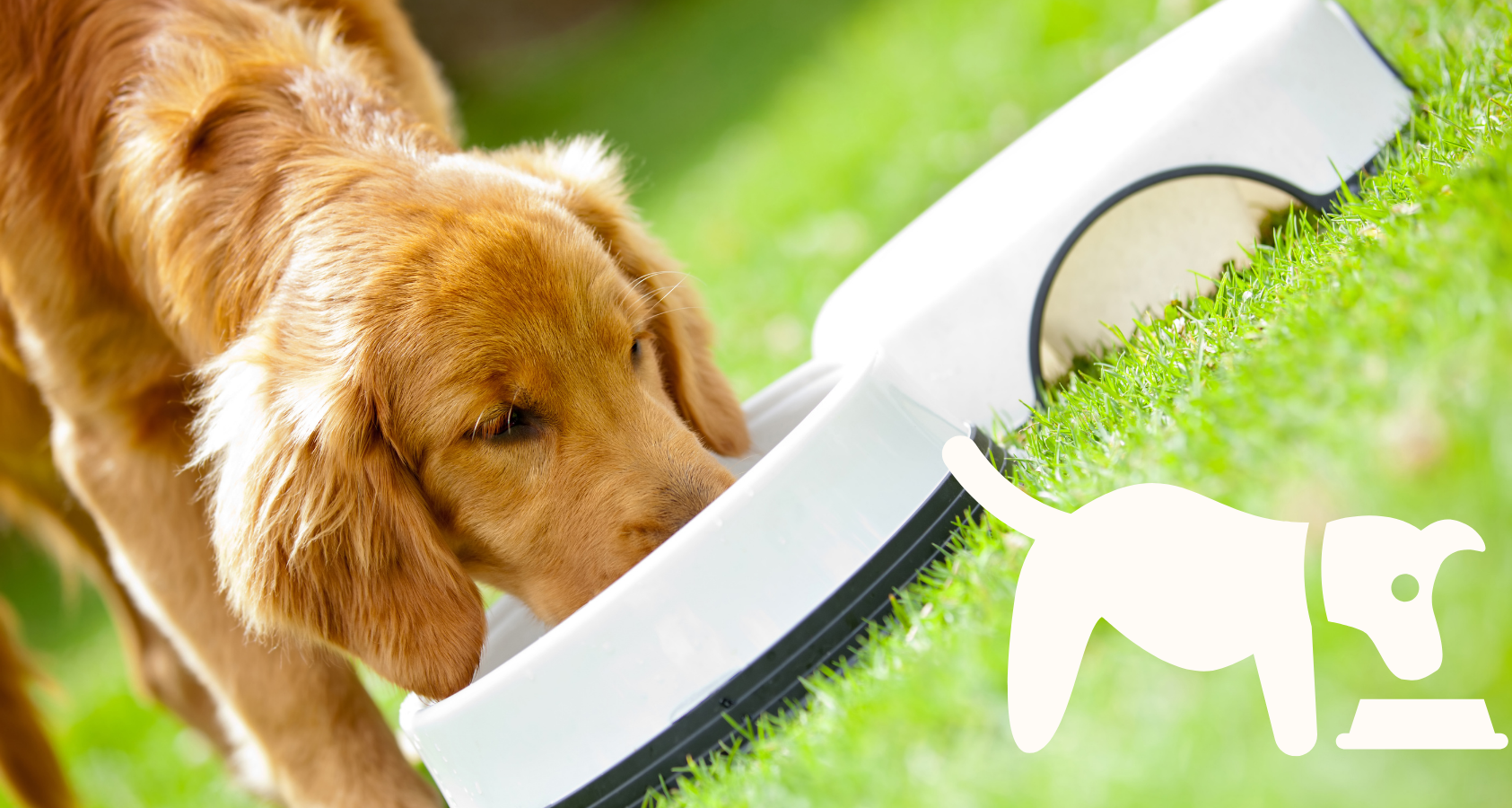
3 Measures You Can Take If Your Dog Is Not Eating
First, you have to understand how long a dog can live without eating food. So, as said above, if your dog is healthy and not a fussy eater, he can go up to 3 days without eating. Make sure he has enough access to water. If that’s not the case, fasting continues for more than 3 days. It is a sign you need to take a few measures. Let’s continue reading what you can do:
1- Don’t Panic
Keep yourself calm, because like humans, dogs also sometimes do not like eating, and they are ok with just drinking water. This phase is for a short period and goes on its own. Give him his time to settle, offer him snacks, and reward him treats to bring your pup back to a normal eating routine.
2- Try To Give Him a Separate Environment
Dogs develop a fear of loud noises and people very often. He may not be eating anything because he is scared of his surroundings. So, in this situation, you need to fix a separate corner for your furry friend, away from the noisy and crowded area. Give him a cozy foam couch to sit on, dim the lights, and put his favorite food in the corner. Once he is comfortable, he will start eating on his own
3- Take Your Dog to a Vet
If your dog is showing ill-signs or physical symptoms along with appetite loss, then he might be facing some health issues. And he must be taken to a vet without wasting a second. The vet will examine if he is suffering from a disease and prescribe medicine or treatment accordingly.
A vet can also determine if your puppy is going through a mental disturbance by checking his behavior and actions. Hence, he will give you tips that will help your dog cope with his depression or anxiety. Also, these tips and anti-depressants will help with the lack of appetite.
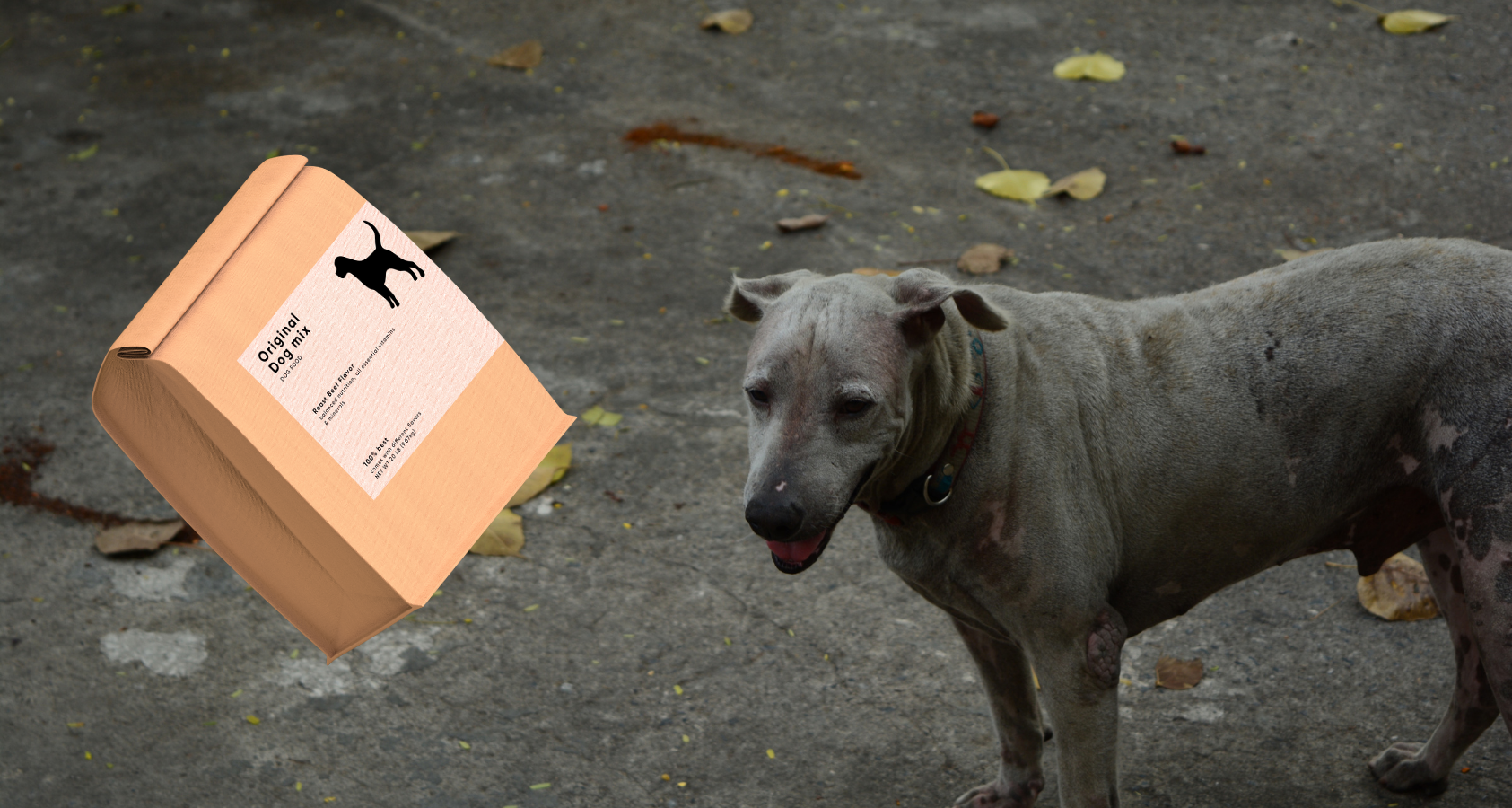
What to Do If Your Dog Is Refusing His Meal?
However, if you have already visited a vet and no medical or health condition is causing your dog to lose appetite. Then you can take the following steps to solve this problem:
- Check for his sleeping schedule. Sometimes dogs don’t get enough sleep, and their stomach may become upset, causing a dog to go without eating anything.
- Try to warm the food; the releasing aromas from the food will attract your dog towards it.
- To make the kibble more soft and delicious, add in a little warm water. It will make it chewier and easily digestible.
- Make mealtime fun by doing some healthy activities and offer your dog his favorite food as a reward for completing a task.
- Hand feed your furry pet to initiate meal time. Give him his favorite toy and involve him in playing.
- Spend more time with your dog. He may be getting separation anxiety. Comfort him with hugs and kisses.
- Try to introduce new and healthy dog food by changing the food’s brand.
- You can also give him a portion of homemade blended food. Such as mashed rice, boiled chicken, pureed vegs, etc.
Final Words
It’s known that dogs like to devour anything in their path. So seeing your dog not eating might get you worried.
Spaniel Advisor is a great source to learn about feeding habits.
If your dog is giving you worries by refusing meals, you need to watch your pup closely to determine if he is going through any causes mentioned above. As you have already read, there are various reasons for appetite loss in a dog. If you figure it out by following the steps given above, that’s undoubtedly good for you and your furry friend. And if your dog is still turning his face from the metal bowl, then you should immediately go to the vet to avoid any more considerable complications.
Info Alert
This article contains vet-approved information. However please note that this information is not responsible for any incidents it might cause.
About The Author
I'm a content writer and researcher. But bottom line, I loveee animals. I had my first animal which was a guinea pig at age 8. Later had a bunny, dog and a lot, a lot of fish. Writing about what I know about pets will allow me to share my knowledge and love for them with everyone else. Dealing with dogs my entire life, I know a lot.

